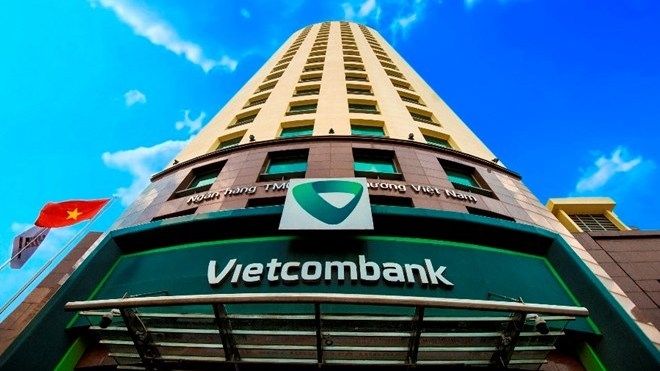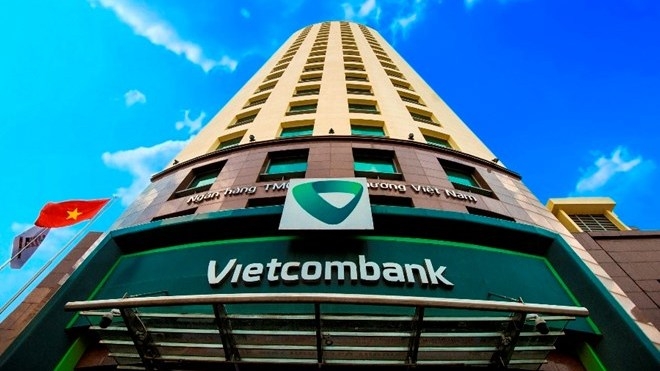
The Federal Reserve System of the United States has approved a dossier from the joint Stock Commercial Bank For Foreign Trade Of Vietnam (Vietcombank) asking for permits to establish its representative office in New York, according to the leaders of Vietcombank.

Vietcombank is the first bank of Vietnam
to be licensed to open a representative office in New York.
Earlier on October 24, the New York State Department of Taxation
and Finance also issued an approval in principle with regards to Vietcombank’s
application for licence.
Marking a significant strategic step for
Vietcombank, it will be the first time a Vietnamese commercial bank has ever
been licensed to set up a representative office in the US, one of the
world’s leading countries regarding its transparent and complete legal
framework, and close management and supervision mechanism.
The event has highlighted the position,
brand and influence of the Vietnamese bank to the international community,
while also affirming Vietcombank’s goal of reaching out to the "great ocean” in
its development orientations on becoming one of the world’s 300 largest
financial banking groups, administrated in accordance with the best
international practices, by 2020.
Vietcombank’s representative office in New
York will perform the functions of connecting with existing and potential
customers in the US market; carrying out analysis reports on the market and
finance-banking sector; supporting the maintenance of relations with US
financial institutions; and attending business conferences and seminars to
establish relationships, with the aim to effectively support the business
operations of Vietcombank as well as to support partner businesses in their
investment and business activities in the US market.
Based on the US
side’s approval of its permit application, Vietcombank will continue to perform
the necessary formalities in the time ahead, looking to officially obtain the
licence and launch its representative office in New York as soon as possible.
Source: NDO
According to data from the Hoa Binh Provincial Party Committee, the industrial production index for the first six months of 2025 is estimated to have increased by 20% compared to the same period last year. This marks the highest year-on-year growth rate for this period since 2020.
In the first six months of 2025, Hoa Binh province’s export turnover was estimated at 1.145 billion USD, marking an 18.11% increase compared to the same period in 2024. Import turnover was estimated at $ 804 million, a 17.15% increase, which helped the province maintain a positive trade balance.
The lives of the ethnic minority farmers in Tan Lac district have gradually improved thanks to the new directions in agricultural production. This is a testament to the collective strength fostered through the professional associations and groups implemented by various levels of the district’s Farmers’ Union.
With the motto the "product quality comes first,” after nearly one year of establishment and operation, Muong village’s Clean Food Agricultural and Commercial Cooperative, located in Cau Hamlet, Hung Son Commune (Kim Boi district), has launched reputable, high-quality agricultural products to the market that are well-received by consumers. The products such as Muong village’s pork sausage, salt-cured chicken, and salt-cured pork hocks have gradually carved out a place in the market and they are on the path to obtaining the OCOP certification.
In the past, the phrase "bumper harvest, rock-bottom prices" was a familiar refrain for Vietnamese farmers engaged in fragmented, small-scale agriculture. But today, a new spirit is emerging across rural areas of Hoa Binh province - one of collaboration, organisation, and collective economic models that provide a stable foundation for production.
Maintaining growing area codes and packing facility codes in accordance with regulations is a mandatory requirement for agricultural products to be eligible for export. Recently, the Department of Agriculture and Environment of Hoa Binh province has intensified technical supervision of designated farming areas and packing facilities to safeguard the "green passport" that enables its products to access international markets.



